Today is the start of the Chinese Hungry Ghost Festival month this year. I remember it being one of the biggest celebrations in Singapore when I was living there. Known as Zhōng Yuán Jié in many parts of Asia with Chinese cultural influence, during this time (the 15th day of the 7th month), it’s believed that the spirit-world gate opens, and the ghosts return to the living world for a whole month. During this period, humans do the age-old tradition of ancestor worshipping and hungry ghost appeasing.
Hungry Ghost Festival
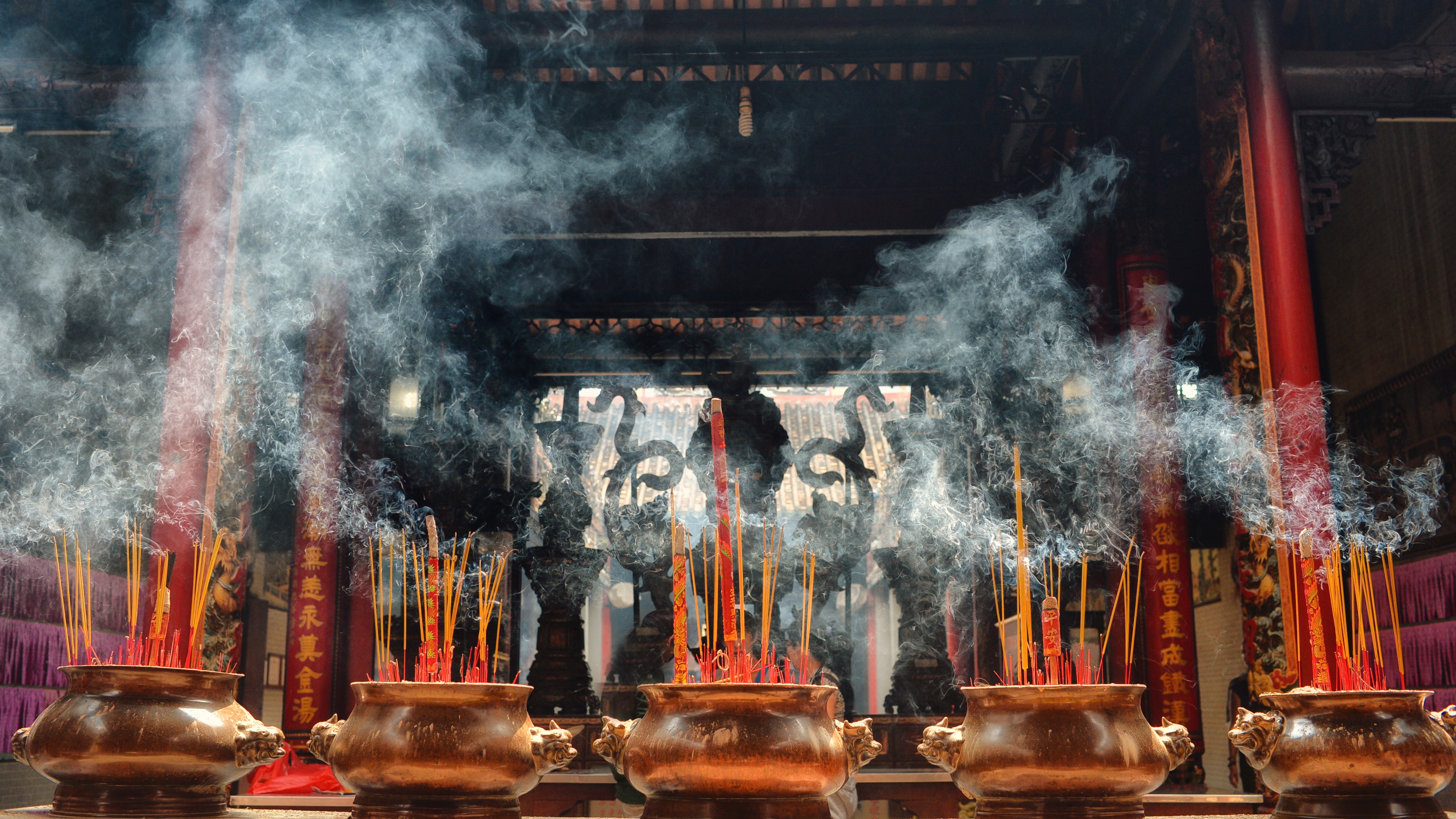
Paper Burning and Food Offerings
Even though it’s not a national holiday in Singapore, I would know it’s the start of Hungry Ghost month just by seeing the burning of joss paper inside metal bins scattered around Singapore HDBs (residential areas) and temples.
Joss paper, aka ghost money, is a sheet of paper burned for the ghosts to be used during their visit to earth. The same goes for incense burning; it’s believed that burning incense and joss paper respectfully would appease the hungry ghosts and prevent bad luck during this unauspicious month.
Also, as the name goes, the living is supposed to feed the hungry ghosts during hungry ghost month. Some said the ghosts are hungry as they are often denied food in the underworld; therefore, real food is offered to appease them. But it’s not only that. The food is prepared as an offering to respect the ancestors and the loved ones who have passed away. That’s why sometimes the food cooked and offered is the food they loved to eat when they were still alive. The latter is not much different from the Shradh Pooja day in Hindu culture when my Amma prepares exceptional food and puts it in front of my grandparents’ photos back home every year.
Getai Show
During this month, in some parts of the HDB neighbourhood in Singapore, stages are set up for the Getai performance to entrain the visiting ghosts. Getai is a live show with various versions, including singing, story-telling, and dancing. One of the fascinating facts about the Getai show is that the front rows will be left empty as it’s reserved for the ghosts. So it’s kind of like an outdoor theatre for the ghost. “What happens if I sit in the front row?” I once asked my friend out of curiosity. “Well, be prepared to get possessed”, she warned me.
On the last day of the Hungry Ghost Festival month, people celebrate the closing of the hell gate by visiting the temples and making other food and money offering. And everything will be back to normal again until next year.
My Hungry Ghost Month Experience
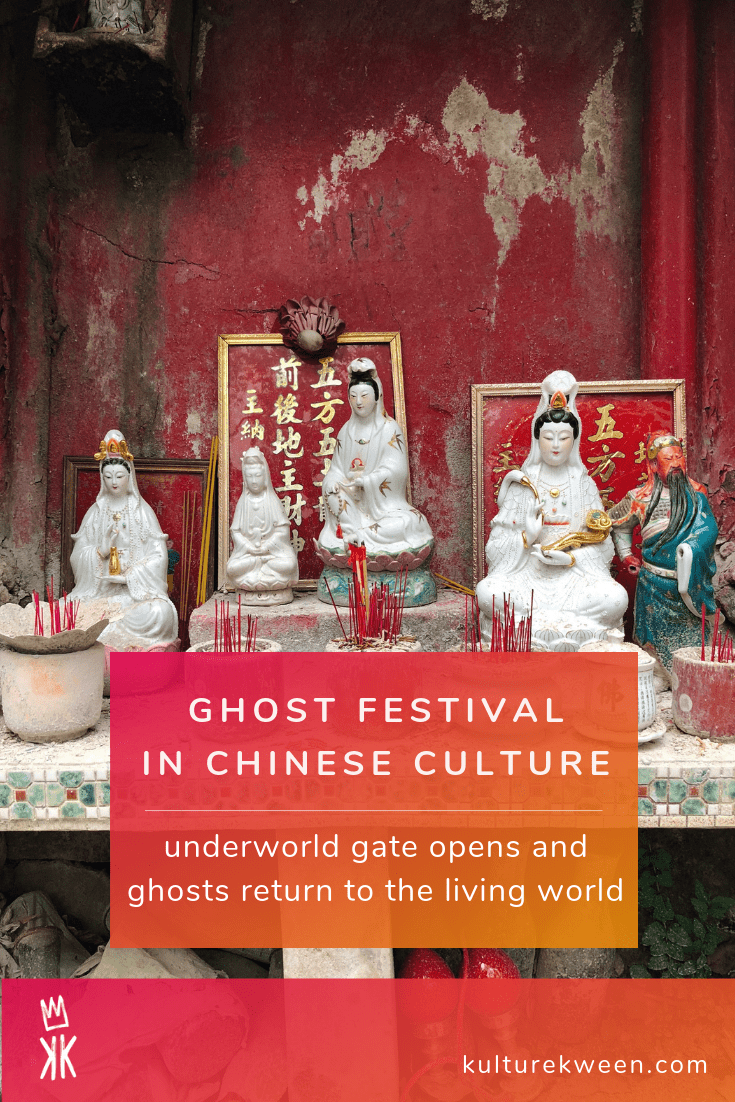
I had experienced many aspects of the Hungry Ghost Festival directly, including giving respect to my landlord’s ancestors displayed on the altar in the house, watching a Getai show (when I lived in Ang Mo Kio) from the back row seat and being mindful not to step on joss paper and food offerings placed on the street.
I never felt scared once and had an unexplained lousy feeling during the month. As a so-called outsider, for me, it’s yet another beautiful tradition that makes Singapore richer in its’ potluck culture. It’s also the kind of thing that makes me miss living at the hub of Asian culture.
Hungry Ghost Festival Dos and Donts
The first time I learned about the taboo around the Hungry Ghost Festival was when I was in Singapore. One day I returned from work to find the clothes I hung to dry the day before had been folded neatly and left near my bedroom door by my landlord, Aunty May. I thanked her and told her that she shouldn’t have done it for me, and she said it wasn’t a problem. Also, since it was Hungry Ghost Festival month, we shouldn’t dry our clothes at night as the wandering ghosts would try them on and later when we wear them, we would either be sick or have some misfortune.
Her explanation intrigued me. We, Asians, are pretty superstitious, but I still think there are reasons behind the do’s and don’ts tied to traditions. So I asked her to tell me more. The biggest taboos during Hungry Ghost Month are marriage, house purchase, and travel. “You should avoid these things, especially the first two, at any cost”, Aunty Mei said. In a way, it reminded me of Mercury Retrograde.
There are timeless don’ts. The ones that I have heard so many times, even from my parents, like not to open an umbrella inside the house (as the ghost would see this as an invitation to take shelter inside the house), to carry an amulet as protection and not to stab chopsticks into a bowl of rice, which is just a reasonable manner I reckon.
Also, there are practical ones such as not leaving the house’s front door open or gossiping till late at night. Then there are ridiculous ones as well, like don’t take pictures at night, don’t grow bangs and return home by sunset. And as an ex-immigrant of Singapore, let me tell you the last one is almost impossible to achieve.
Hungry Ghost Festival in Other Cultures
Halloween in the Western culture would be the closest equivalent to the Eastern Hungry Ghost Festival. Then here is Dia De Muertos, Day of the Death, widely celebrated in Latin Culture, and Obon in Japanese culture.
Obon
Obon in Japan involves visiting the family cemetery with a lantern and candle. Then, the family will invite the ancestor spirits to “follow them” back to the house where the feast has been prepared for them. After three days, the family member will have to send the ancestor spirits back to the afterlife by leading them to a body of water, be it a river or sea. The highlight of Obon in Japanese culture is Bonodori, where the locals dance and celebrate the season.
Stretching a bit further, the Thai has Por Tor Festival, the Indonesian has Cioko, and Cambodia celebrates Pchum Ben. All these festivals and many more that ancestor worship and respect exist in many cultures worldwide, under different names and norms.
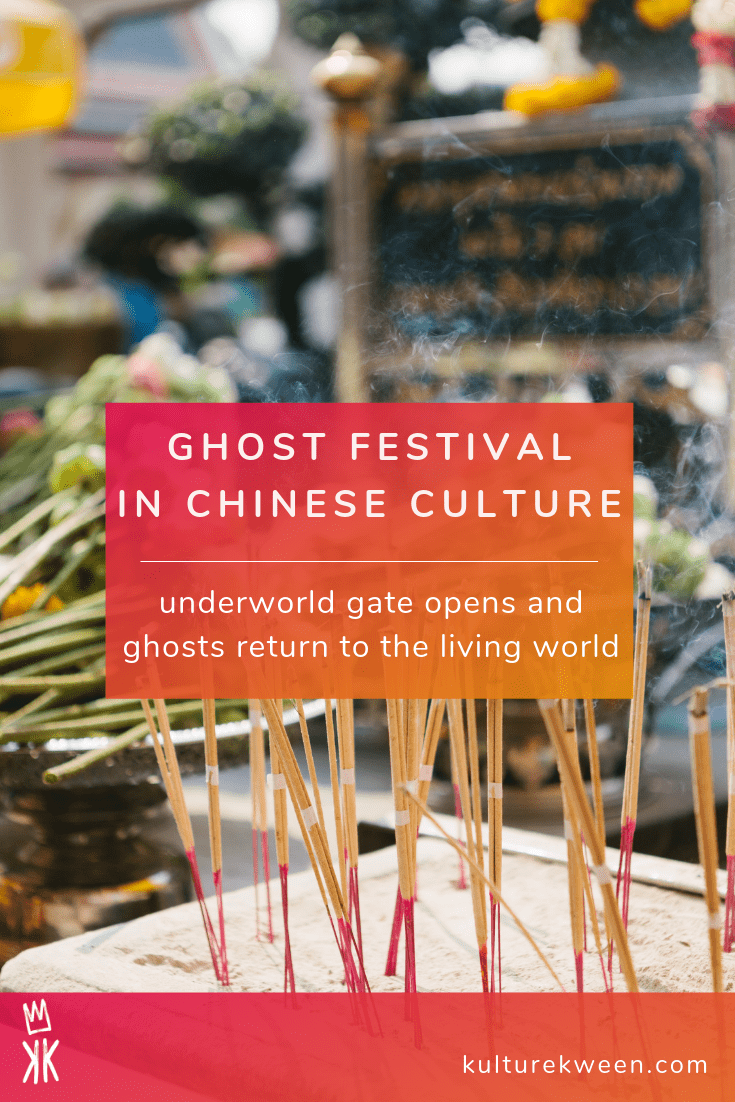
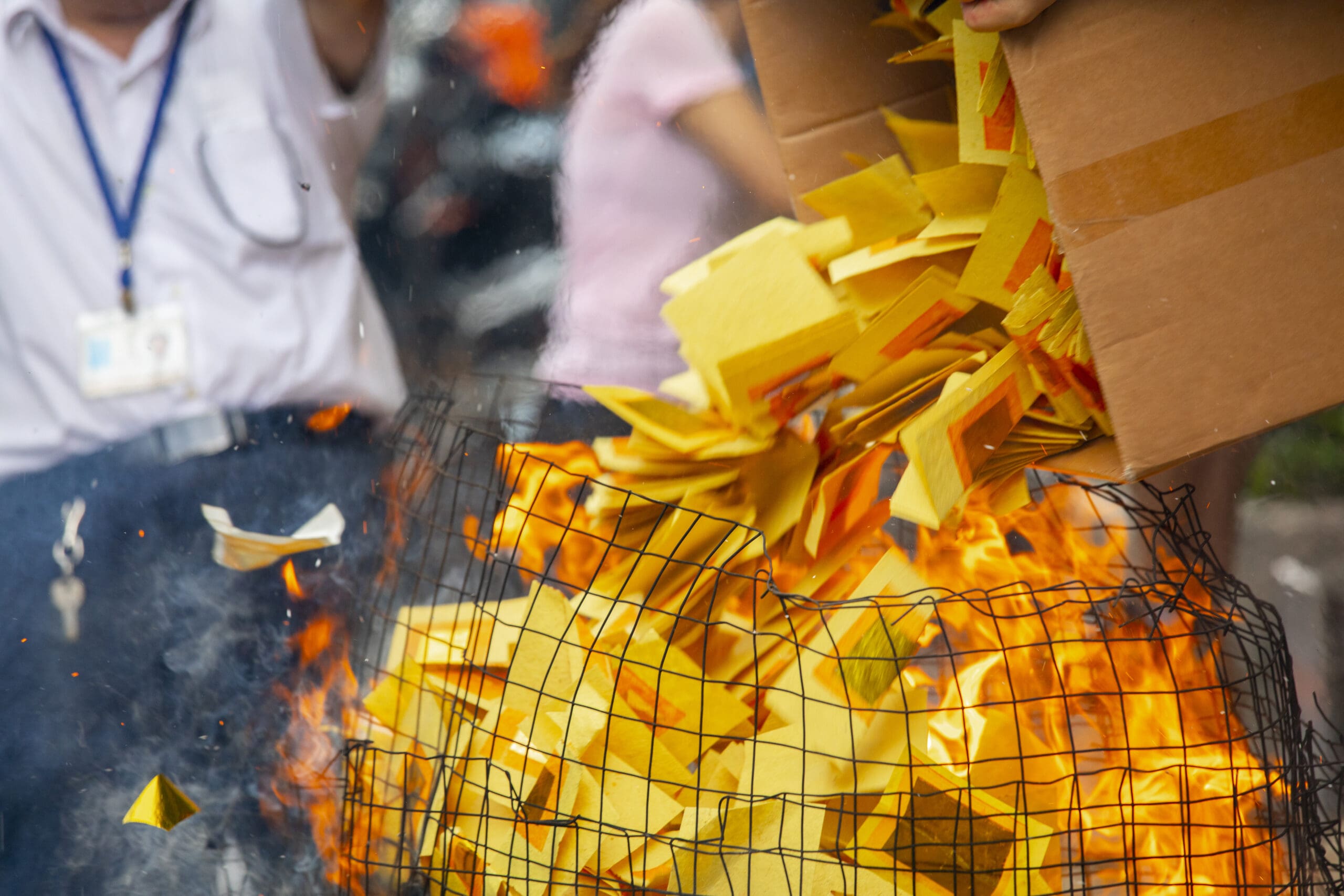
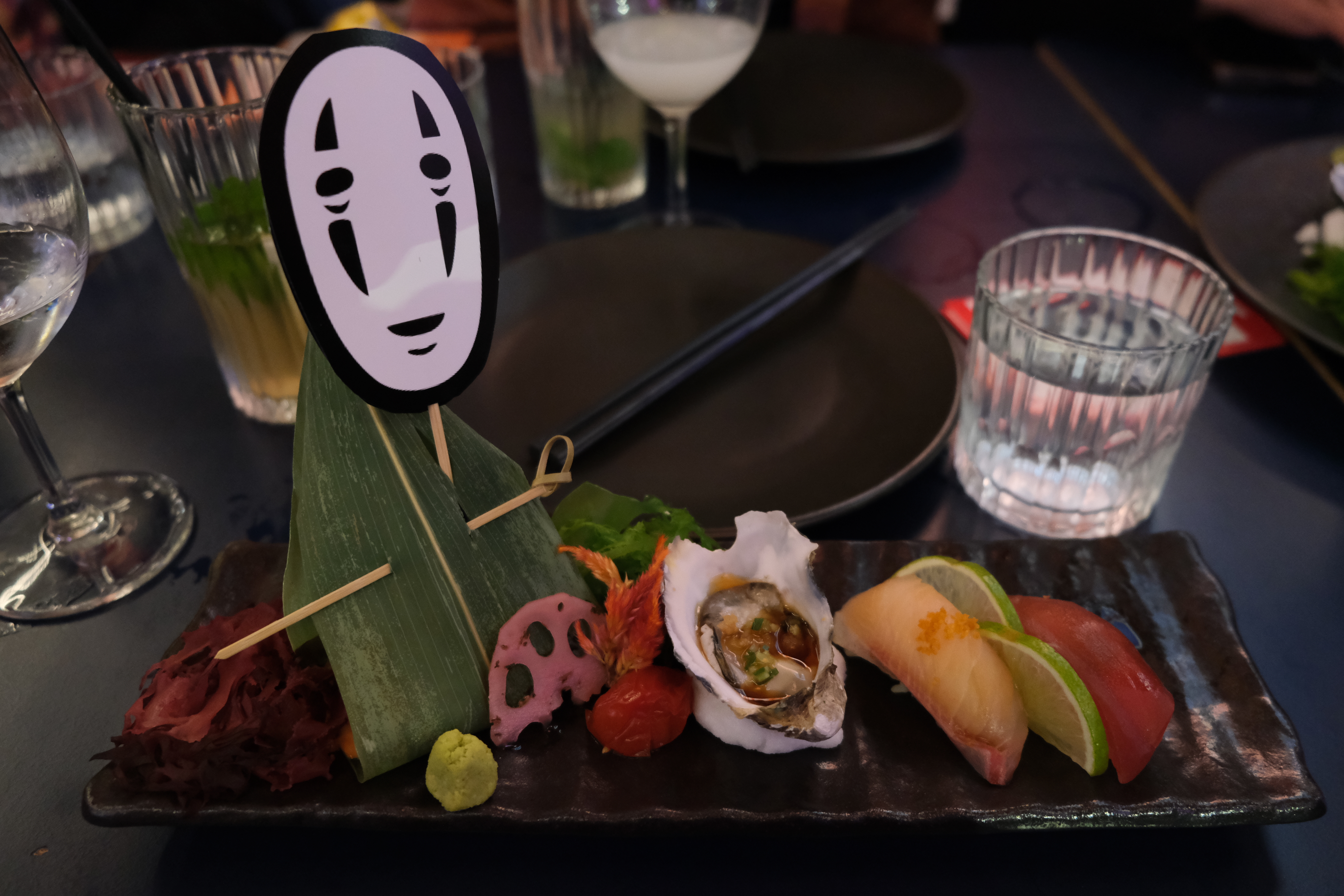
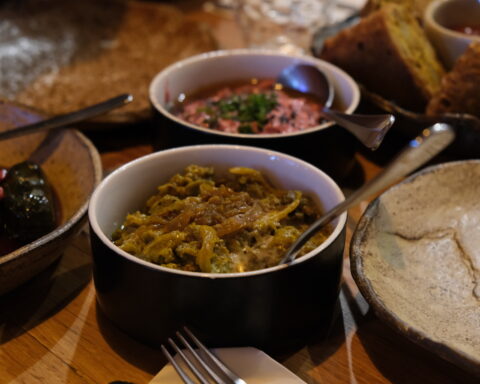
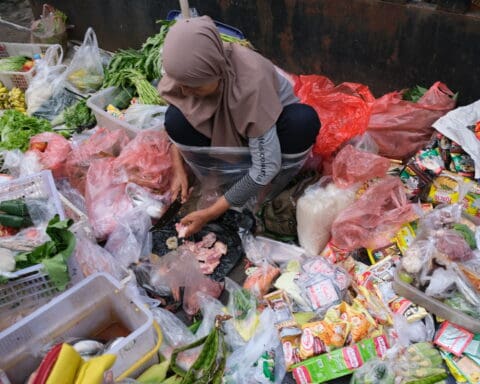
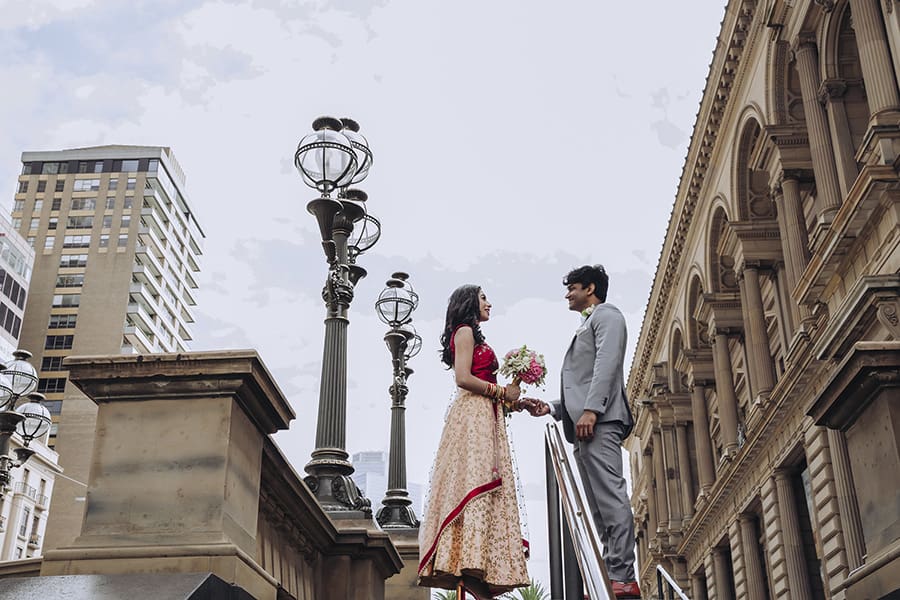
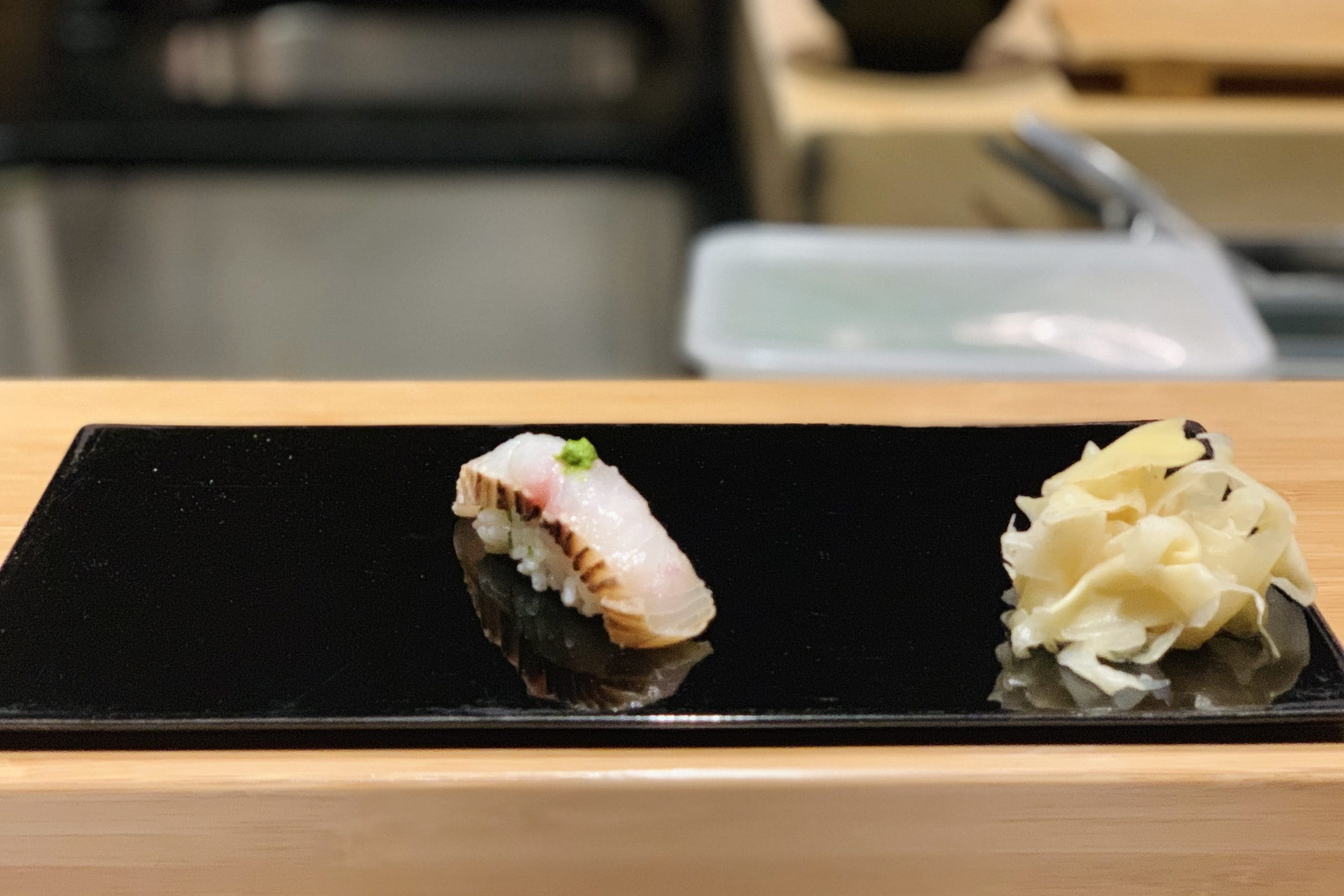
[…] Mooncake Festival usually follows the end of the Hungry Ghost Month festival when it’s believed that the spirit-world gate opens and the ghosts return to the living […]
[…] Hungry Ghost Festival in Chinese Culture […]
[…] Hungry Ghost Festival in Chinese Culture […]
[…] My curiosity of her jade bangle eventually led to research about Jade origin, it’s significant in Chinese culture and the superstition surrounding […]
[…] “Toto, I have a feeling we are not in Japan anymore“. Thus, we began our day of Chinese culture and street food adventure in Yokohama Chinatown, or Chukagai as the Japanese call […]